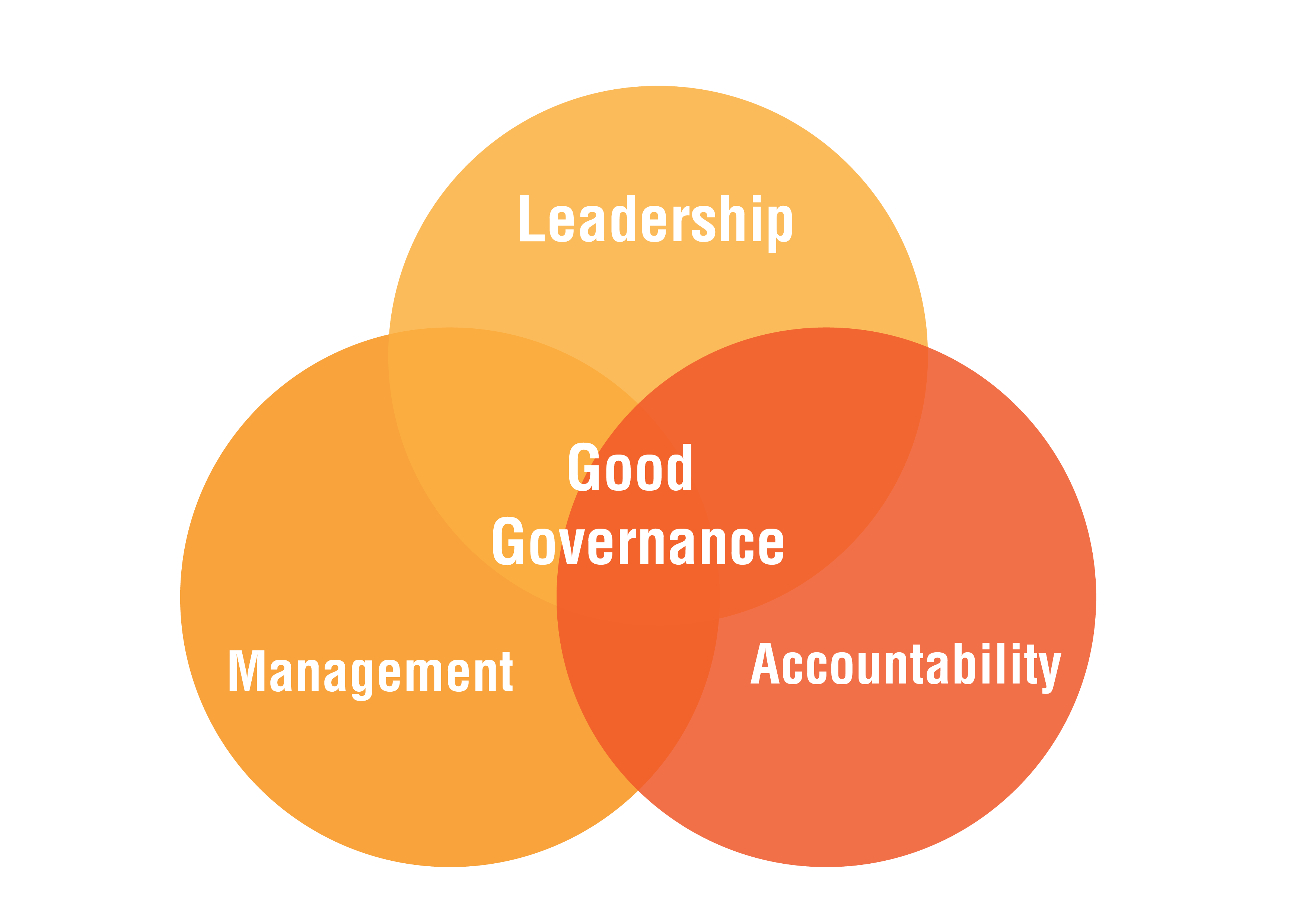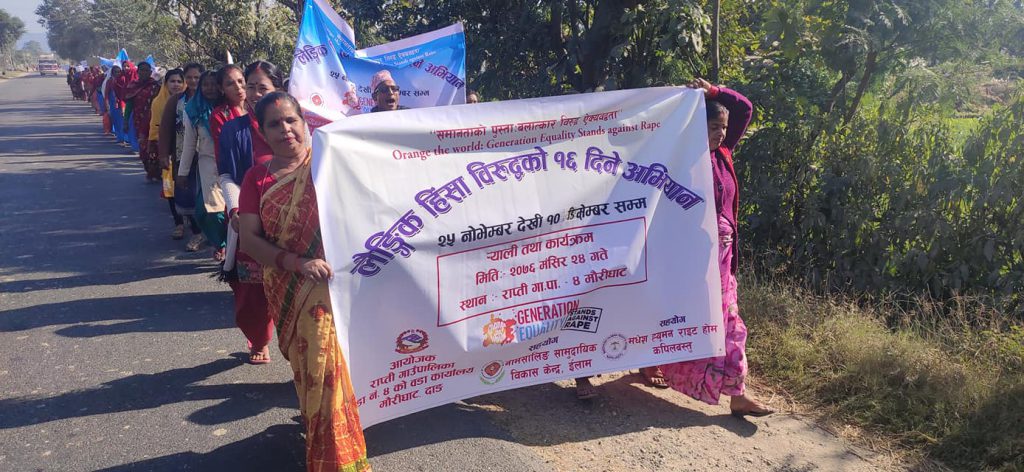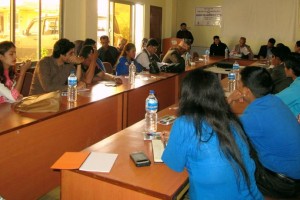Good Governance and Planning
Governance

Good governance is one of the critical requirements for national transformation. Governance involves the process of decision-making, implementation and proper monitoring, evaluation and learning with citizens of the nation at the center. A governance ecosystem constitutes of multiple actors, including the government, political organizations, private institutions, media, international development partners, and the civil society. “Good Governance” is generally referred to a governance system that is accountable, transparent, responsive, effective and efficient, equitable and inclusive, and follows the rule of law.
Likewise, good governance is also a key to eradicate poverty through the promotion of inclusive development. It assures that corruption is minimized, the views of minorities are taken into account and the voices of most vulnerable in the society are heard in decision making. In the context of Nepal, the issue of good governance is even more necessary because of the long standing political instability and elevated trend of corruption.
Planning
Plan based development as a major entity of governance came into action in Nepal after commencement of first five year periodic development national plan in 1956. Three decades later, nine after the reestablishment of democracy in Nepal, the government promulgated Local Self Governance Act, 1999 with the idea of making planning participatory, inclusive, environmental friendly and result oriented. The same act made it mandatory for all local bodies (VDCs, Municipalities and DDCs) to formulate their periodic plan. Likewise, the local bodies were expected to implement the annual plan and budget according the periodic plan (LSGA, 1999, Section 43).
NCDC in Planning


Based on this provision of the act, NCDC started providing technical support to VDCs regarding periodic plan formulation with the financial support from Development Fund – Norway. However, two years prior to the act was unveiled, NCDC had already started formulating VDC Environmental Plans within its working sector of Good Governance.
Likewise, NCDC, as a NGO, has been advocating with local development stakeholders like DDCs, VDCs, Municipalities, I/NGOs, CBOs, Civil Societies etc. for local participatory development plan formulation and its effective implementation. Beside these it has also been facilitating social audits, public hearings, awareness campaigns, strategic plan documentation etc. at local and district level to promote good governance.
Significant impact has been seen with participatory planning mechanism at local level promoting good governance. The PVDP has only been a unified and formal document to address the national priority indicators like Environment Friendly Local Governance (EFLG), Child Friendly Local Governance (CFLG) and global issues like Climate Change and Gender Equality and Social Inclusion (GESI) into local plan of action. Likewise, the disputes on allocation of yearly budget/activities and unwanted pressure of different interest groups have been reduced through PVDP. The enhanced public participation and concern on local development process have significantly reduced the corruption in the absence of elected bodies in local government for a long time. The increased access to service centers and more accountability of service providers at local and district levels also have revealed the effectiveness of social audits and public hearing for good governance.

